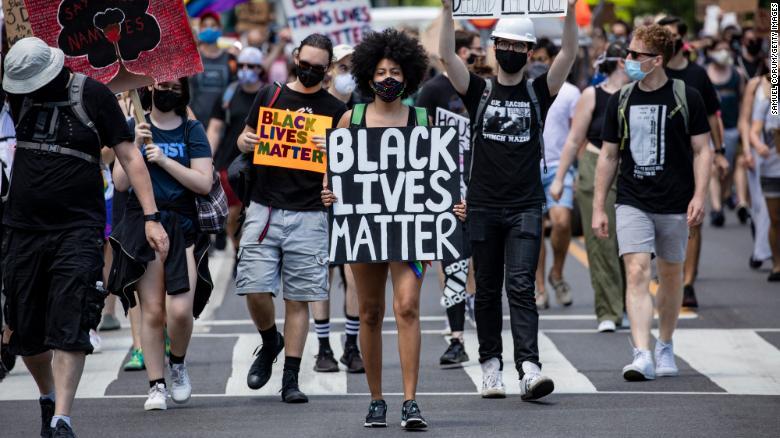By Lam Chung | Staff Writer

The Black Lives Matter movement began on July 13, 2013, as a stand against the killing of seventeen year-old Trayvon Martin in Florida. It continued as a protest against the systemic racism that African Americans face on a daily basis, its presence becoming stronger this summer after the murder of George Floyd by police in Minneapolis. The movement has spurred social and legislative change – for the better – right here in San Gabriel.
With thousands marching in streets across the country – and around the world – demands for government action were finally heard. The concern over racial inequality grew so great that it became a recurring question asked during the presidential debates and the topic of police violence influenced the outcome of the November elections.
According to The Associated Press, “About nine of every 10 voters said the protests over police violence were a factor in their voting, with more than three-fourths calling it a major factor.”
In the San Gabriel Valley, many protests have taken place, one of which was planned by Gabrielino High School student, Gabriel Frank-McPheter, who urged the local government to show solidarity with the people and pass legislative change.
In response, the San Gabriel City Council established Ordinance No.670, which birthed the Human Equity, Access, and Relations Commission, or HEAR. The aim of HEAR, according to the San Gabriel City website, is to “advance and advocate for equity, access, diversity, social justice, safety, mutual appreciation, increased cultural competency, positive intergroup relations and respect for all members of the San Gabriel community.”
In addition, the City Council passed Resolution #20-31 which is committed to “fair and equitable provision of services and enforcement of the laws, regardless of any individual’s race, color, ethnicity, ancestry, national origin or other protected status.”
Although the media has portrayed the Black Lives Matter movement and protests to be divisive, violent, and even performative, the direct results of this advocacy have planted the seeds needed to change the systems rooted in racial injustice.
Frank-McPheter stated,“Protests absolutely lead to true change and societal reform, denying that would be ahistorical. Now, protests have resulted in major police reforms, from body cams to defunding, in cities as small as San Gabriel and as large as New York.”
There is no doubt that protests and petitions make a difference. The Black Lives Matter organzation, and its protests, has sparked positive changes in both legislation and in people’s minds. In order to form a fully just society, we must keep listening and protesting until racial inequality is a thing of the past.

